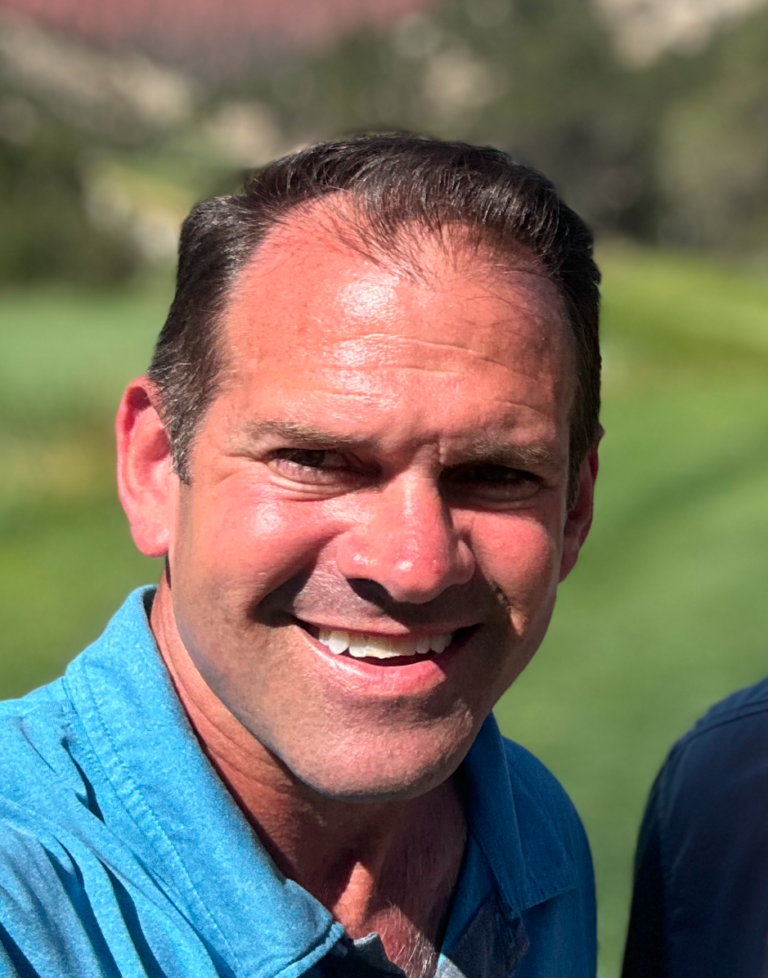Personalized Medicine in Cardiac Care: Dr. Ian Weisberg’s Breakthroughs
Personalized Medicine in Cardiac Care: Dr. Ian Weisberg’s Breakthroughs
Blog Article
Atrial fibrillation (AFib) is the most common type of unusual center flow, affecting millions of people worldwide. It can increase the risk of swing, heart failure, and other complications. Dr Ian Weisberg Niceville Florida, a leading expert in cardiac electrophysiology, stresses that prevention is key. By adopting a heart-healthy lifestyle and creating wise possibilities, persons can significantly decrease their threat of building AFib.

1. Keep a Healthy Fat
Dr. Weisberg shows the powerful relationship between obesity and atrial fibrillation. Unwanted weight may put added pressure on the heart, ultimately causing infection and electrical disturbances that induce AFib. Reports reveal that losing only a huge number of bodyweight can substantially reduce AFib episodes and increase heart function.
2. Check and Control Blood Force
High body stress (hypertension) is among the leading reasons for AFib. Dr. Weisberg advises regular body pressure checking and lifestyle changes like:
Lowering sodium intake
Training regularly
Controlling pressure successfully
For people that have persistent hypertension, drugs might be essential to help keep blood force in a wholesome range and reduce AFib risk.
3. Limit Alcohol and Caffeine Absorption
Extortionate liquor use can lead to "vacation center syndrome," a issue wherever irregular heartbeats arise after large drinking. Dr. Weisberg recommends:
Limiting liquor to reasonable levels (no several consume daily for women, two for men)
Reducing caffeine absorption for those sensitive to their heart-stimulating results
4. Get Standard Workout – But Avoid Overexertion
Physical activity is vital for center health, but Dr. Weisberg warns against intense energy exercise, which can increase AFib chance in some individuals. The most effective method is:
Reasonable cardiovascular exercises (walking, biking, swimming)
Weight training in harmony
Yoga or meditation to reduce stress and support heart rhythms
5. Prioritize Rest and Handle Tension
Sleep apnea and serious tension tend to be connected to AFib episodes. Dr. Weisberg advises:
Getting 7-9 hours of sleep per night

Treating rest apnea if diagnosed
Practicing relaxation methods like heavy breathing and mindfulness
Conclusion: Avoidance Starts Today
Dr Ian Weisberg highlights that atrial fibrillation is not inevitable. By creating easy but efficient lifestyle improvements, persons may lower their risk and enhance their overall center health. With a aggressive approach, you are able to take control of one's heart's beat and long-term well-being.
Would you like more in-depth advice on a specific prevention technique? ????
Report this page